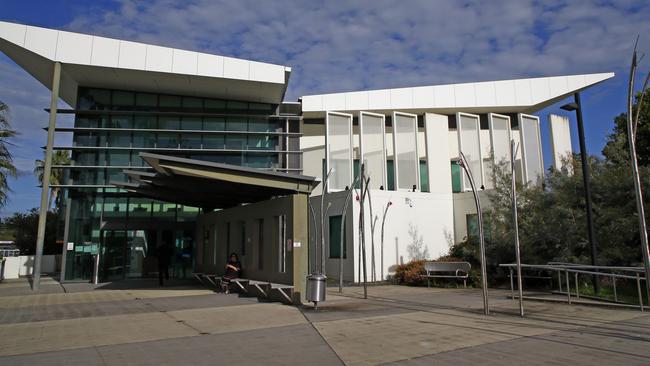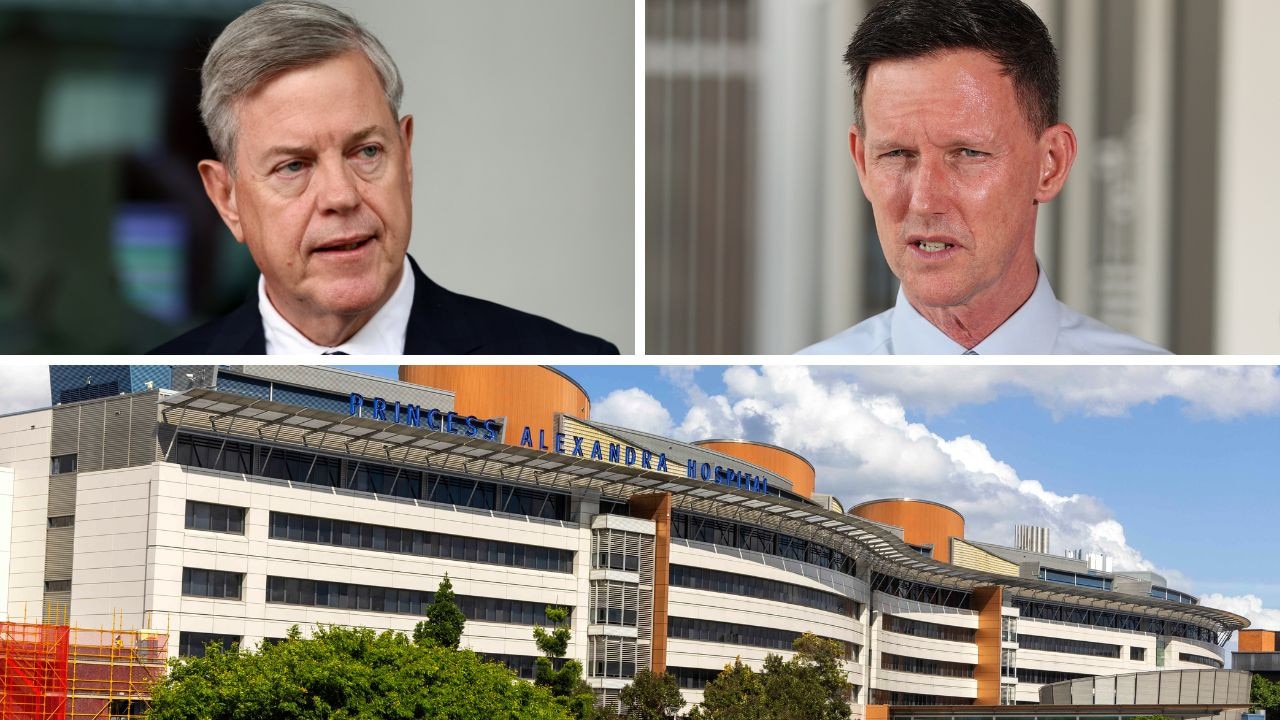Qld police shortage impacting prosecutions in state courts
Queensland courts are bearing the brunt of police understaffing, with police prosecutors forced to delay hearings and committals for several weeks.

QLD News
Don't miss out on the headlines from QLD News. Followed categories will be added to My News.
Queensland police understaffing is severely impacting South East Queensland courtrooms, with police prosecutors forced to delay hearings and committals for several weeks and leaving magistrates openly questioning future solutions in the courtroom.
The Courier-Mail last month witnessed the full extent of these shortages, with a police prosecutor in Pine Rivers Magistrates Court advising the magistrate several times over the course of two hours that they would have to push back cases multiple weeks due to limited staff.
Several committals and cases were asked to be pushed to the following week, however, the police prosecutor said there was no way they could add the cases to the current load, with only two staff.
Following multiple mentions of the issue, the magistrate at one point openly asked the police prosecutor, “What is being done about this?”
As of February 28, Queensland police had 382 approved permanent prosecutor positions, comprising 235 police officers and 147 staff members.
Of the 182 positions held by police officers in the southeast, there was a 13 per cent vacancy rate, leaving approximately 24 positions vacant.
When accounting for other regions across the state, this vacancy rate increases to 34 per cent.
For the 80 positions held by staff members in South East Queensland, the vacancy rate is effectively 0 per cent, as there are temporary positions offsetting permanent vacant positions.
Criminal defence lawyer Calvin Gnech said there was “absolutely” a workforce shortage, not just within the police force, but also across the board of criminal law.
“Generally speaking, there are mass delays in the criminal justice system, we’ve known that for a number of decades, and it’s a combination of factors, and that is that evidence and court processes have become more complicated and onerous, and probably, secondly, resourcing across the board,” Mr Gnech said.

An increase in serious crime has likely contributed to the issue as well, Mr Gnech said, leading to delays in moving cases from the magistrates courts to the supreme and district courts.
“Across the last two decades, there’s been delay creep, I guess, just constant delay creep,” Mr Gnech said.
“If anything’s delayed because of whatever reason, it just means something else is delayed and it is just … a domino effect, that there’s just continued delay.”
He said it was “certainly not getting better”, with the Director of Public Prosecutions and Legal Aid also struggling to recruit staff.
As of March, there were 109 full-time positions for Crown prosecutor roles at the Office of the DPP, with three vacancies at Consultant Crown Prosecutor level and five vacancies at senior Crown prosecutor level.
A spokesperson for the DPP said like many organisations in the legal industry, it had experienced difficulties in recruiting and retaining highly skilled legal staff, and made all efforts to maintain a full establishment of Crown prosecutors.
The pressure the DPP was experiencing in relation to workload and staffing shortages was flagged in their most recent annual report.
“The Working For Queensland survey in some ways reflects the pressure the office is experiencing, with staff reporting high workloads, increased stress, a perceived lack of fairness and poor work-life balance,” the report said.
It was also revealed active involvement by the DPP in the magistrates courts in Brisbane, Ipswich and Southport had resulted in some limited reduction in matters proceeding to the higher courts and the earlier resolution of matters.
A 2023-24 Queensland Audit Office performance report on deploying police resources recommended Queensland Police Service consider whether its mix of police officers and staff member was optimal in order to manage increasing demand for police officers.
This included setting a target to appoint 575 staff members in 2022–23 to assist with specific functions currently undertaken by police – such as watchhouses and prosecutions.
More Coverage
Originally published as Qld police shortage impacting prosecutions in state courts





